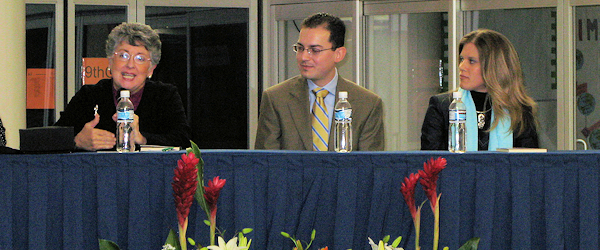 Often, I hear people say they don’t have time to read books. Their lives are simply too busy that they cannot find any time in the day to make room for reading.
Often, I hear people say they don’t have time to read books. Their lives are simply too busy that they cannot find any time in the day to make room for reading.
For me it’s all a matter of priorities and really wanting to do it. But I’ll show you here one area where you can find plenty of time to read books.
According to statistic portal Statista, global internet users spend an average of 135 minutes daily on social media platforms. That is, 2 hours and 15 minutes each day!
But let’s go further. According to TechCrunch, mobile device users in the US spend 5 hours daily on mobile apps!
Which apps are absorbing most of their time? Facebook takes 19% of the time spent, followed by those related to music, media & entertainment, other social media platforms (Snap Chat, Instagram, Twitter), text messaging, and gaming.
Of the total 5 hours spent daily on mobile device apps, only 9% of the time (27 minutes) is allocated to “productivity.” But let’s say I’m willing to give you texting as part of your work too. That amounts to 1 hour of productivity and 4 hours of time spent on non-essential activities.
And here is where we find time to read. Because I am generous, I’m willing to give you half the time out of those 4 hours so you can waste spend them on social media and entertainment. That leaves 2 hours a day to read books!
Now, a 300-page book could be read anywhere from 4 to 6 hours depending on the book, your reading pace, page/font size, etc. Lighter novels are also faster to read than more technical science essays, for example.
If we take the more conservative number of 6 hours to read an entire 300-page book, and we allocate 2 hours a day to read, that means you could read a book in 3 days.
But let’s say you simply can’t dedicate two hours a day to read, and all you have is one hour. Fine, since it will now take you double the time, that means you could read a book in 6 days.
If we translate this number into a year time, that means you can potentially read 60 books in one year!
You think it’s still too much? Ok, this is my last dispatch of generosity. Cut the reading time in half again, and you can still read 30 books a year.
You now have time to read. It’s up to you to make it happen.
 What do you do the day your invention, the atom bomb, is finally dropped on a city killing millions of people? Do you watch the event on TV with a feeling of total regret by the horrific atrocity your creation caused humanity? No, not at all. Instead, you find yourself at ease playing a string game of cat’s cradle.
What do you do the day your invention, the atom bomb, is finally dropped on a city killing millions of people? Do you watch the event on TV with a feeling of total regret by the horrific atrocity your creation caused humanity? No, not at all. Instead, you find yourself at ease playing a string game of cat’s cradle. Sinclair Lewis’ dystopian political novel
Sinclair Lewis’ dystopian political novel 
 Numerous people believe that many of the world’s problems today exist because we have turned our backs on what is “natural” and because we are out of touch with nature. They suggest going back to living in a more “natural” environment.
Numerous people believe that many of the world’s problems today exist because we have turned our backs on what is “natural” and because we are out of touch with nature. They suggest going back to living in a more “natural” environment.